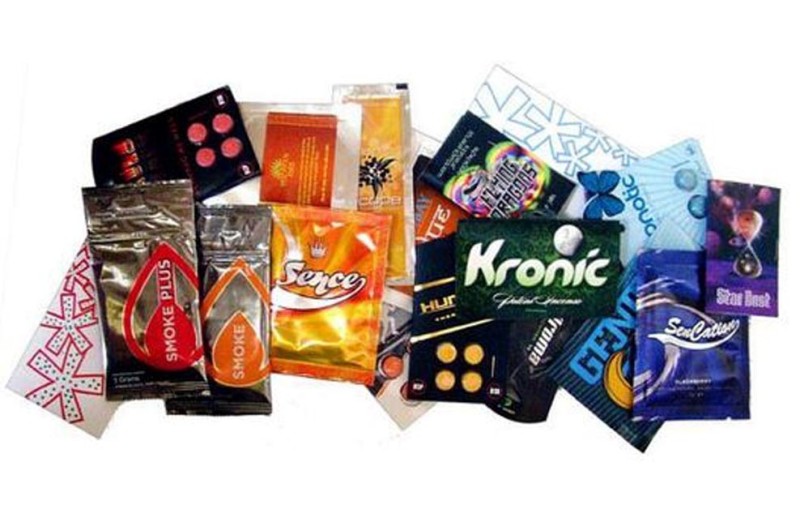Blanket ban on legal highs could increase city’s drugs trade
A leading lawyer has warned that new police powers to tackle ‘legal highs’ will introduce vulnerable users to criminal networks and could boost the city’s illegal drugs industry.

Matt Reynolds, a criminal defence solicitor at Kirwans law firm, has predicted that the Psychoactive Substances Act, which came into effect on Thursday May 26 and bans the sale of drugs, such as clockwork orange and synthetic cannabis alternative spice, will put users at risk of being exploited by dealers ready to fill the void.
He is concerned that the bill will do very little to help those in the grip of addiction to these substances, and said that it will put unnecessary pressure on the police force while failing to tackle the root cause of the problem.
Matt said:
“This new legislation is going to put vulnerable people in the city in an impossible situation. Do they try and go cold turkey so that they can stay on the right side of the law, or do they put themselves in the hands of the drug dealers and enter a whole new world entirely?”
Although possessing the drugs will not be illegal under the new act unless the person concerned is in custody, those found guilty of producing, selling and offering to sell them will face up to seven years in jail.
And, according to Matt, the fact that the penalty system doesn’t differentiate between different types of drugs is another failing in the new legislation.
He said:
“Drugs covered by the Misuse of Drugs Act are classified according to the level of harm they are recognised to cause. But this new law doesn’t differentiate between the ‘legal high’ substances. That means that drugs are classified in the same way and attract the same penalties – regardless of their level of danger.”
The Psychoactive Substances Act has faced a barrage of controversy since the idea was first introduced, with critics warning that it is unenforceable and questioning the exemption of alcohol from the act, which bans numerous substances which are capable of producing a ‘psychoactive effect in a person who consumes it’.
The Home Office states that “a substance produces a psychoactive effect in a person if, by stimulating or depressing the person’s central nervous system, it affects the person’s mental functioning or emotional state”.
Substances exempt from the act include controlled drugs, medicinal products, alcohol, nicotine and tobacco, caffeine and food.
Recent figures for the Office for National Statistics showed that over a 10-year period from 2004, 76 deaths involving legal highs were recorded in England and Wales.
But between 2011-2013, the most recent years for which figures are available, annual cases tripled.
Matt added:
“Although prohibition has often garnered political support, there is growing research that the public are becoming increasingly open to the idea of ending the war with the decriminalisation of drug use and replacing it with preventative and treatment strategies.
“I suspect that this legislation will not achieve its aims. It will simply place more pressure on the police, be counterproductive, probably unenforceable and will not address the issue that I am sure that we are all really concerned about – harm to users and society as a whole.”
